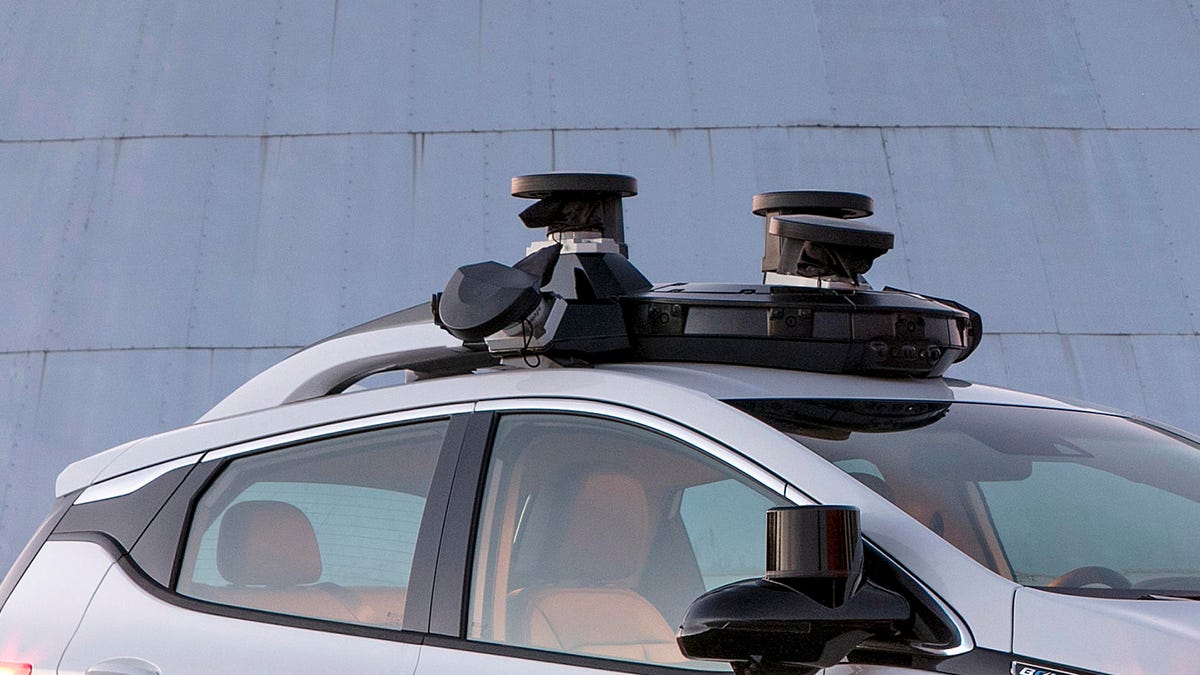GM buys lidar developer Strobe to further self-driving car tech
If you can’t beat 'em, buy 'em.

One big hump for self-driving-car developers to get over is the implementation of a lidar system. Waymo solved it by bringing construction in-house, and GM just solved it by buying a lidar company.
General Motors on Monday announced its acquisition of Strobe, a sensor-tech firm that works on lidar. Strobe's engineering team will join the self-driving wizards at Cruise Automation, another firm that GM acquired in its efforts to build a mass-produced self-driving car.
Lidar is a surveying method that uses light to measure the distance to a target. It's similar to radar, which uses radio waves instead of light. Lidar units are capable of creating high-resolution maps, which self-driving vehicles can use to assess their surroundings in detail. Many automakers believe lidar is a key component of the tech required to bring autonomous vehicles to the road.
This image from Cruise Automation's Medium post shows an early version of Strobe's lidar emitter.
"Strobe's lidar technology will significantly improve the cost and capabilities of our vehicles so that we can more quickly accomplish our mission to deploy driverless vehicles at scale," said Kyle Vogt, CEO of Cruise Automation, in a statement. Vogt went into greater detail in a Medium post discussing the benefits of lidar in self-driving cars.
Lidar is complicated, and with that complexity comes cost. Velodyne, a major lidar manufacturer, has a flagship model that costs nearly $80,000 per unit. There are smaller, cheaper units on offer, but they don't provide the same range and detail, which can affect how well and how quickly self-driving cars are able to "process" the world around them.
To that end, companies have been working to develop solid-state lidar, which doesn't need to spin around to emit light in every direction. Velodyne hopes that, between its claimed breakthrough in solid-state design and the new factory it hopes to open in 2018, it can bring unit prices down below the $100 mark.
Waymo took a different route, choosing to develop and implement its own in-house lidar solution, as opposed to signing up with a vendor like Velodyne -- although Google originally used Velodyne products before it decided to in-house the whole thing. Tesla, on the other hand, appears to have no interest in using lidar. The company believes it can produce Level 5 self-driving vehicles without it.
GM did not say what sort of timeline it's working with, but the company hopes that purchasing Strobe will accelerate development of a lidar solution that can provide users with a cost-effective system that's still incredibly safe. GM and Cruise are currently testing autonomous Bolt EVs.

